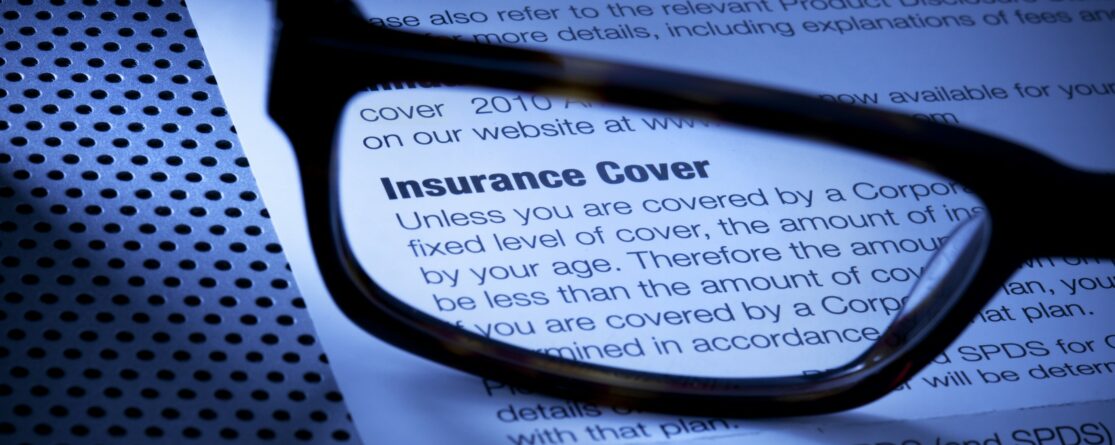I recently got an email from a friend who was coming to visit. Here’s an excerpt:
I almost got a room at a big well-known hotel brand for $50 a night. I was suprised it was so much lower than the smaller, lower end brand hotel which was $80 a night…and then I noticed this:
The following fees and deposits are charged by the property at time of service, check-in, or check-out.
- Deposit: US$ 50.00 per stay
- Buffet breakfast fee: US$ 10.95 per person (approximate amount)
- Refrigerator fee: US$ 10 per night
- In-room microwave fee: US$ 10 per night
- Rollaway bed fee: US$ 10 per night
The above list may not be comprehensive. Fees and deposits may not include tax and are subject to change.
Aren’t they awesome?
This got me to thinking about “the fine print.” And how there is what I consider good fine print and bad fine print.
‘Good fine print’ is all the details that you don’t really care to know, but protects you in some way; technical stuff, the super detailed legal mumbo jumbo, the terms and agreements we all just click ok to, the “blah, blah, blah” stuff. I want this stuff in the fine print.
‘Bad fine print’ is details that, if known, would have significantly affected your decision to purchase or agree to something. They’re details that ought to be right up front, but they’ve been essentially hidden in fine print where they’re less likely to be discovered. No one wants this stuff in fine print.
Sure, legally and technically, companies that use bad fine print don’t lie. It’s buyer beware if you don’t read all the fine print, right? But when we fall victim to this kind of practice, we feel angry. So if it’s not called a lie, what is it? What do you call it when the way that something is said leads you to make a decision that would be different than the decision you’d make if all the pertinent facts were given up front? I think the best word for this is deception.
We want to function in a system of trust, to trust the people and companies with whom we do business, and all the more so when a company reaches out to us with friendly, welcoming slogans. I checked the hotel’s main website, and I got this: “Hello, and welcome to our community!” Well, I’m not sure I want to be in that community.
So, if we don’t want to be deceived, what do we want? We want to find it, know the details, buy it, and be happy — simple as that. This implies trust and transparency.
Now, I don’t really mean to be picking on this hotel chain in particular, but it’s a good opportunity to reflect on our own business and personal practices as professionals in the claims business. It seems to me that many of us can (and do) have “fine print” in our own personal and professional lives.
Picture this: You’re at the mall shopping, and you run into a friend of a friend. They’re warm and friendly. You get to talking, and they invite you and your spouse over for dinner. The date arrives; you’ve hired a babysitter, dressed up, and you’re at their house having cocktails. Things are moving along swimmingly, you’re having a good time, and you’re happy that you’ve made this new friendship. Then they turn the conversation to an “exciting opportunity,” to sell cosmetics or a new super-healthy new fruit drink to your friends. It just takes a small investment and you’re sure to get rich! You’re heart sinks.
Transparency. Meaning what you say. No hidden agendas. Trust. That’s what we want, isn’t it? And, I believe, that’s what claimants want, that’s what claims companies want, and that’s what the insurance carriers want as well.
In his excellent book The Speed of Trust, Steven Covey offers a massive amount of evidence that trust is simply good business. Not only is it more profitable, but when it’s absent, it can cost us dearly. I loved his example about airplane travel before and after 9/11. What used to be a formality, a quick walk through a metal detector, turned into an invasive, time-consuming, and confusing ordeal. The TSA became notorious for its poor treatment of passengers and invasion of privacy. And why? Erosion of trust.
Just like we want to find it, buy it, and be happy, likewise a claimant wants to file it, settle it, and be happy. That’s why they’re paying the premium – for peace of mind. And you’ll usually find that the entire claims process will go smoothly or poorly based on the trust you are able to develop with the claimant.
The claims adjuster is a fiduciary agent of the insurance company and must ultimately guard the company’s interests. However, that duty (when properly understood) means the adjuster must be the agent through which the insurance company delivers on its promise to pay – according to the policy – when the insured suffers a covered loss. Deliver peace of mind. That means it becomes the adjuster’s duty to take great care of the claimant. Ultimately, this means that you should treat them as you’d like to be treated. Everything up front. No fine print.
Each claim handled with fine print contributes to an overall culture of distrust towards the insurance industry. Each claim you handle with integrity and transparency builds your value as an adjuster, builds trust in the carrier you’re handling claims for, and ultimately elevates up the entire reputation of the industry.
Be the kind of adjuster you’d like to have handle your claim. Be the kind of person you’d like to do business with. This is one of the foundational reasons for our success at AdjusterPro; we invest in our reputation, and we don’t use fine print (check out our cancellation policy, for a taste).
Transparency is worth the investment. It’s worth the investment to be the same person – professionally & personally — that you want people to think you are. In fact, in today’s economy, it’s the only genuinely stable investment.
Thank you,
– Adam



